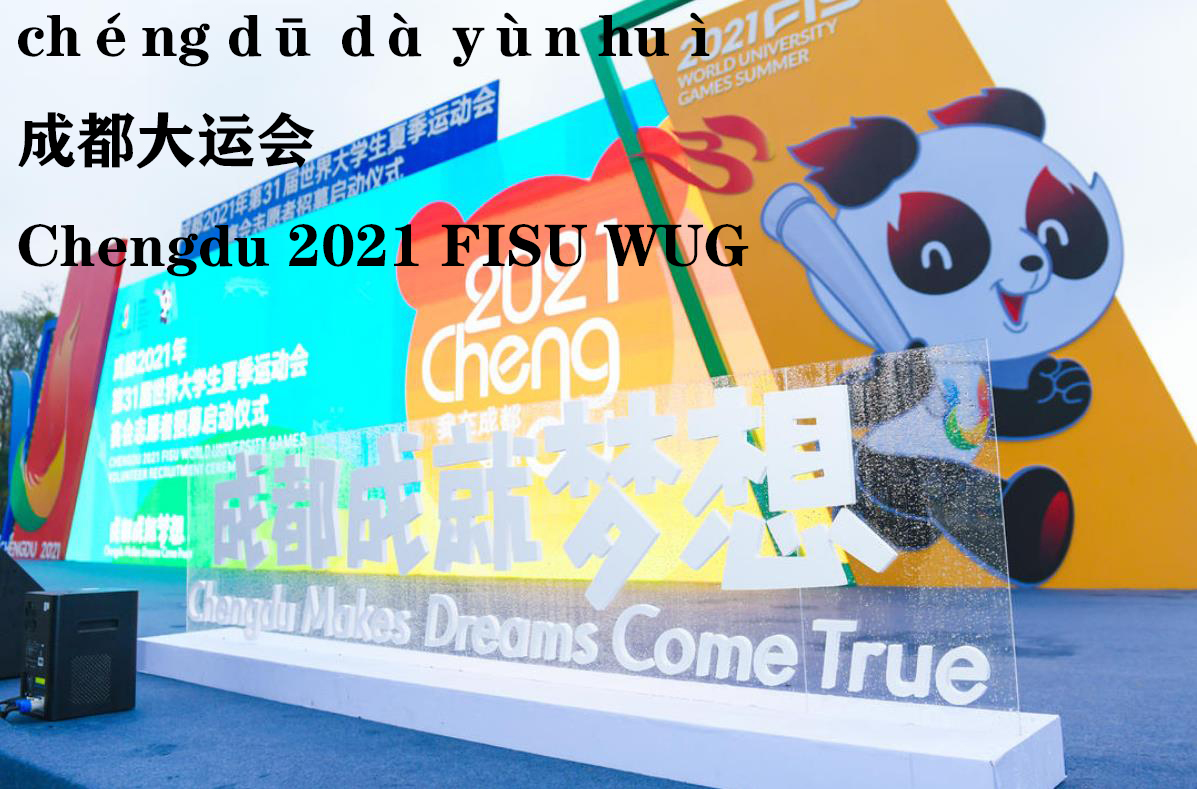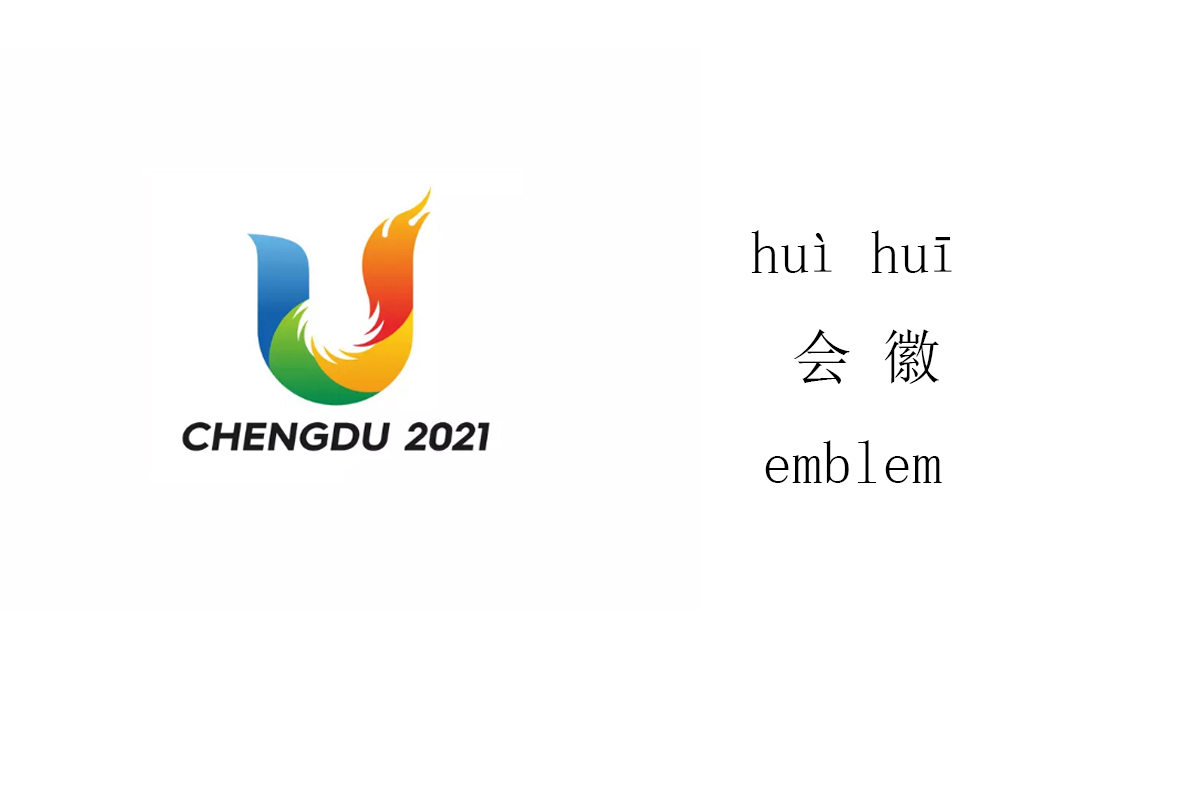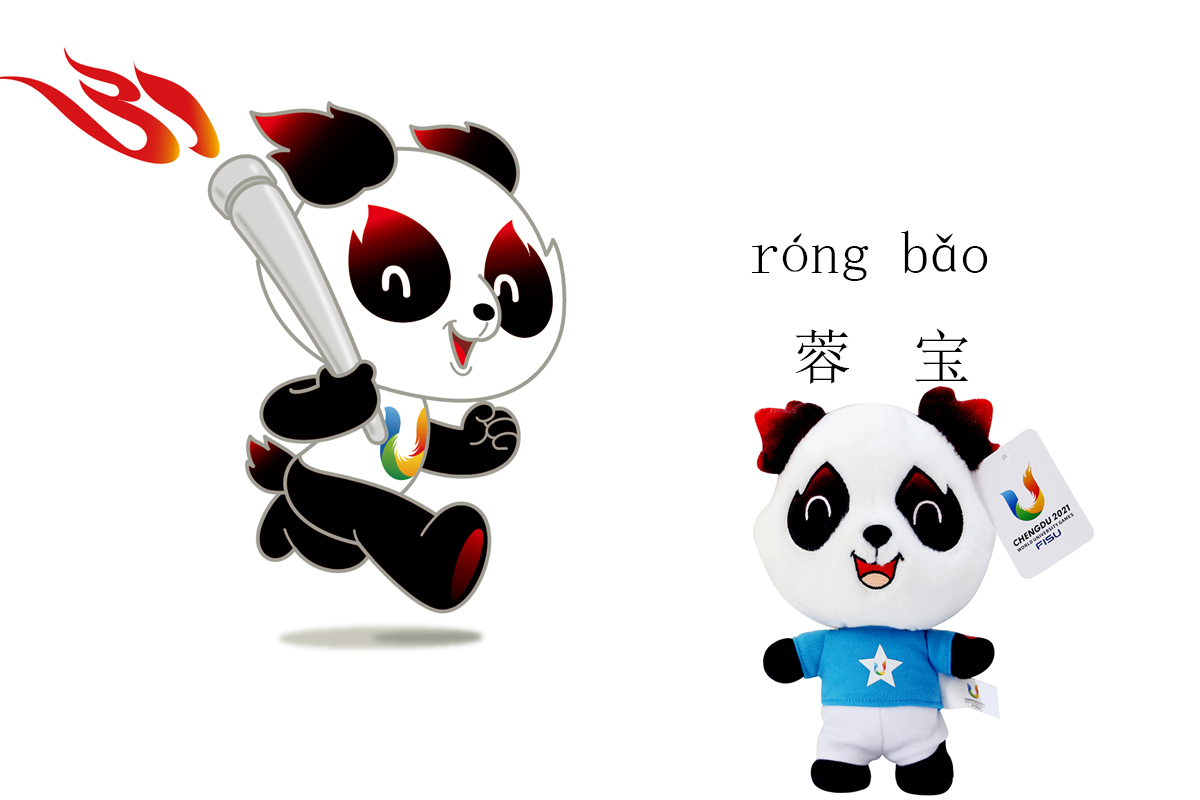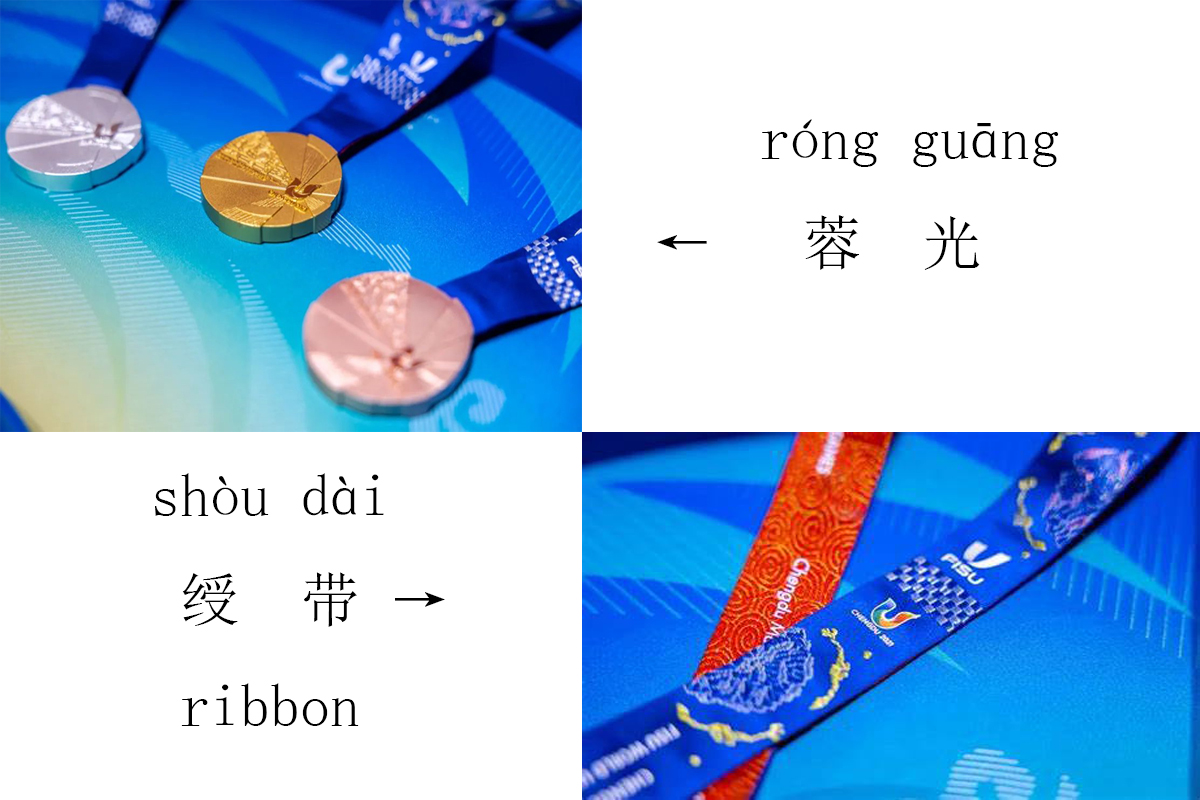Cultural Splendor: Exploring the Charm of Chengdu in the World University Games
The FISU World University Games, organized by the International University Sports Federation, consists of both the “Summer Universiade” and the “Winter Universiade”, held every two years. It is a global multi-sport event, second only to the Olympics. The 31st FISU World University Games will take place in Chengdu, the capital city of Sichuan Province, from July 28th to August 8th. It promises to be a significant occasion infused with the charm of China, the vibe of our times, and the splendor of youth.

Chengdu, a city with a rich history and cultural heritage, has been a hub for exchanges between China and the rest of the world since ancient times. It is a shining pearl on the southwestern Silk Road (an international trade route that traverses Sichuan and Yunnan, connecting Myanmar, India, Southeast Asia, West Asia, and various European countries). Today, Chengdu has experienced remarkable economic development and cultural prosperity. It is the third one to host the Summer Universiade in Chinese mainland, following Beijing in 2001 and Shenzhen in 2011. With over 2,000 years of historical accumulation, Chengdu has nurtured its unique cultural elements. From tasty hot pot and adorable giant pandas to the intangible cultural heritage of Sichuan embroider, the Chengdu Universiade provides a stage for cultural exchanges between China and the world, showcasing a more colorful and inclusive Chinese culture while global civilizations meet.
The emblem takes the initial letter “U” from the word “university” as its basic form, while incorporating the shape of the solar divine bird, the symbol of the city. The solar divine bird represents the ancestral reverence for life and sports, expressing their yearning for the sun and the pursuit of brightness, and it serves as the spiritual foundation for the Chengdu Universiade. This pattern can also be found in the main venue of the games, the Dong’an Lake Sports Park. When viewed from above, the dome of the stadium is formed by more than 10,000 glass pieces formed into an enlarged pattern of the solar divine bird, magnified 2.7 million times. From any angle within the stadium, spectators can clearly see this breathtaking sight. Through television and online broadcasting, the solar divine bird seems to spread its wings and soar into the sky, capturing the attention of people worldwide.

The mascot of the games, “蓉宝(róng bǎo)”, is modeled after the beloved pandas. “蓉” is a nickname for Chengdu. During the Five Dynasties and Ten Kingdoms period, Emperor Meng Chang planted hibiscus, “芙蓉(fú róng)”in Chinese, throughout the palace walls, giving Chengdu its name as the “蓉城(róng chéng)”, “City of Hibiscus” which was later abbreviated to Rong. Bao is a term used to refer to precious and rare things, also used as an endearing name. The panda, China’s national treasure, is the most distinctive symbol representing Chengdu. The facial design of Rongbao draws inspiration from the facial makeup of Sichuan Opera, a traditional performing art form featuring vividly painted masks that reveal the emotions and psychological states of the characters. Its ears, eyes, and tail take the shape of flames, highlighting the importance of “fire” in Chengdu's culture. “Fire” symbolizes not only the spicy and flavorful hot pot, but also the stunning fire-spitting skills displayed in Sichuan Opera, as well as the passionate and outgoing character of the people of Chengdu.

The medals of the games, “蓉光(róng guāng)”, taking the nickname of Chengdu, “蓉”, while having the same pronunciation with “荣光”, which means honor and glory. The front of the medal features a U-shaped design that corresponds to the emblem, as well as the wings of the solar divine bird, signifying the protection of dreams, which follows the slogan of the games, “Chengdu Makes Dreams Come True”. Embedded on the surface of the medal is a time wall, containing ancient and modern cultural symbols related to Chengdu, which presents the splendor and evolution of Chinese culture. Besides, the ribbon of the medal carries a beautiful pattern inspired by hibiscus and the solar divine bird, using the weaving techniques of Sichuan embroider, the intangible cultural heritage that follows strict, tradition-bound principles.

Key Notes: the nickname of Chengdu
1.芙蓉城(fú róng chéng; 蓉城(róng chéng): City of Hibiscus. During the Five Dynasties and Ten Kingdoms period, the Emperor Meng Chang favored hibiscus(芙蓉 in Chinese) and ordered the people to plant hibiscus trees on the city walls. When the flowers bloom, the scenery is magnificent, so he took the word “芙蓉”or “蓉” to refer to Chengdu.
2. 天府(tiān fǔ); 天府之国(tiān fǔ zhī guó): the Land of Abundance. “天府” was originally an official position, and its duty was to take charge of the treasures. With fertile land and beautiful scenery, Chengdu is regarded as a treasure land, so the name “天府” is used to refer to Chengdu.
3. 锦城(jǐn chéng; 锦官城(jǐn guān chéng): Jin City; Jinguan City. During the Three Kingdoms period, Chengdu was the brocade center of China and became an important source of tribute to the imperial court which appointed an official named “锦官(jǐn guān), thus Chengdu got its nickname.
Xiao Ming: Did you watch the opening ceremony of Chengdu Universiade? What a spectacle!
小明:你收看成都大运会的开幕式了吗?真是壮观呀!
Xiǎo Míng: nǐ shōu kàn chéng dōu dà yùn huì de kāi mù shì le ma? zhēn shì zhuàng guān ya!
Xiao Hong: Yes. What impressed me most was that the torchbearers lit the flame tray. The fireworks were dazzling and particularly inspiring.
小红:我看了,我印象最深的就是火炬手们点燃圣火盘,焰火绚丽夺目,特别振奋人心。
Xiǎo Hóng: wǒ kàn le, wǒ yìn xiàng zuì shēn de jiù shì huǒ jù shǒu men diǎn rán shèng huǒ pán, yàn huǒ xuàn lì duó mù, tè bié zhèn fèn rén xīn.
Xiao Ming: The shape of the torch tower is a bird of the sun. Have you noticed it? .
小明:火炬塔的造型是太阳神鸟,你注意到了吗?
Xiǎo Míng: huǒ jù tǎ de zào xíng shì tài yáng shén niǎo, nǐ zhù yì dào le ma?
Xiao Hong: No, can you introduce it to me?
小红:没有,你能给我介绍一下吗?
Xiǎo Hóng: méi yǒu, nǐ néng gěi wǒ jiè shào yī xià ma?
Xiao Ming: The pattern of the solar divine bird comes from the gold ornament unearthed from Jinsha site in Chengdu. The divine bird on the pattern surrounds the sun, showing the ancient people's dream of pursuing the light.
小明:太阳神鸟图案来自于成都金沙遗址出土的金饰,图案上的神鸟围绕着太阳,展现了古人崇尚光明的梦想。
Xiǎo Míng: tài yáng shén niǎo tú àn lái zì yú chéng dū jīn shā yí zhǐ chū tǔ de jīn shì, tú àn shàng de shén niǎo wéi rào zhe tài yáng, zhǎn xiàn le gǔ rén chóng shàng guāng míng de mèng xiǎng.
Xiao Hong: It reminds me that this pattern also appeared on the dome of the venue. It is so amazing.
小红:我想起来了,这个图案也出现在场馆的穹顶上, 非常震撼。
Xiǎo Hóng: wǒ xiǎng qǐ lái le, zhè gè tú àn yě chū xiàn zài chǎng guǎn de qióng dǐng shàng, fēi cháng zhèn hàn.